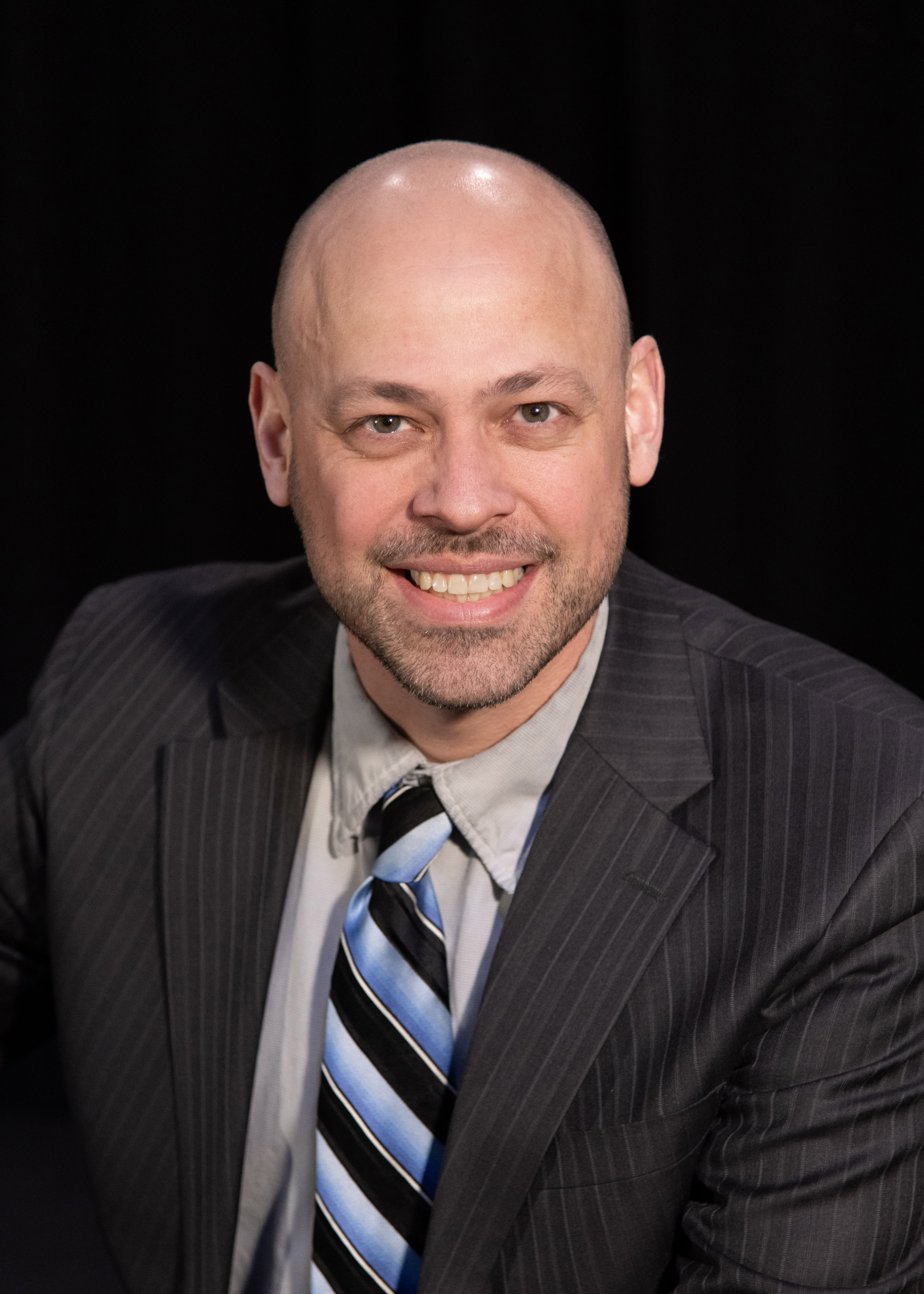Celebration of Scholars
#04: "It is not time that passes": "Memento Mori" and Maurice Maeterlinck
 Name:
Neil Scharnick
Name:
Neil Scharnick
Department: Fine Arts
Type of research: Course project
Abstract
French Symbolist playwright Maurice Maeterlinck sees the division of time into past, present, and future as an accident of human perception, not a reality. He suggests that every moment is concurrent with every other, that one’s present, past, and future are contemporaries. “It is not time that passes,” he writes, “but man. Time does not move; it is immobile as space and eternity.” Each of one’s “selves”—the selves corresponding to each moment of time experienced or yet to be experienced—exists as a contemporary with one's "present" self.
Carthage's 2022 new play, Memento Mori, borrows heavily from Maeterlinck’s view of time, the soul, and eternity. The script begins with the words "Alice has died," but she is not gone. She is simply, in Maeterlinck's words, “one living whom we no longer see.” In the play, Alice can see her friends, but only if she closes her eyes–shutting out the vast, eternal world of the spirit.
This presentation examines how Maeterlinck's understandings of the soul, of the self, and especially of time served as cornerstones for the construction of Carthage Theatre's 2022 New Play Initiative project.
